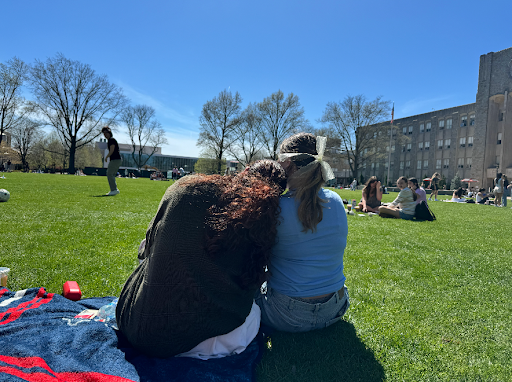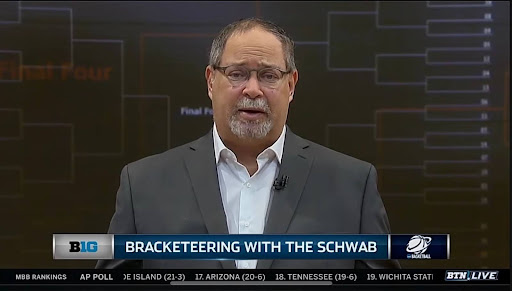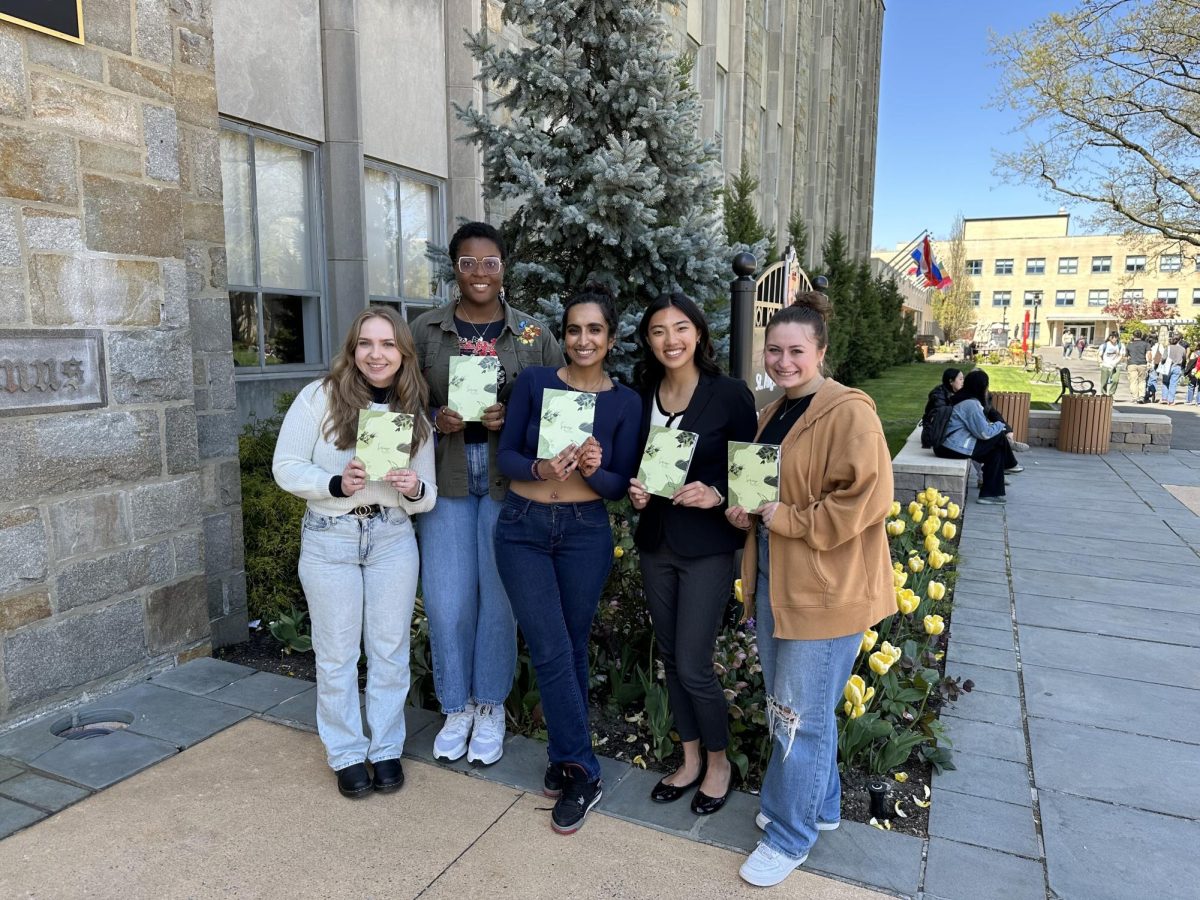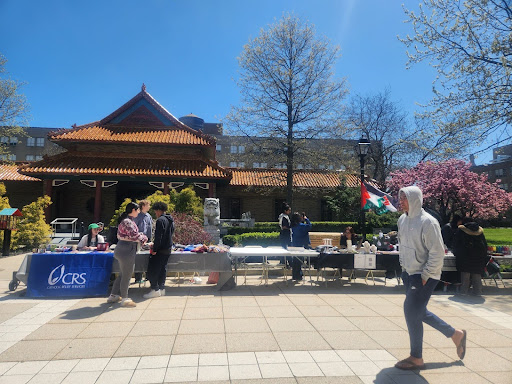St. John’s University has collaborated with the Archdiocese of Brooklyn to create a Web-based project survey aimed at investigating the thoughts and attitudes of young people toward vocations within the Catholic Church.
The study will be conducted this semester at Catholic colleges and universities throughout the five boroughs, as well as 20 high schools within the archdiocese of Brooklyn in an attempt to increase young Americans’ interest in religious vocations.
“There’s no secret that our society right now, an American society specifically, is having fewer and fewer young people entering religious vocations,” said co-director of the study Dr. Frank Biafora, adding that there has been a decline in interest “whether it’s [as] a priest, brother, nun, or sister.”
This study is the first ever large, analysis of young peoples’ attitudes toward the priesthood and religious vocations, and directors hope that data from the study will open a better dialogue between America’s youth and the Catholic Church, Biafora said. The goal is to ultimately increase the number of young men and women interested in entering religious vocations.
Bishop Nicholas DiMarzio of Brooklyn is serious in trying to establish a better dialogue with America’s youth, according to Biafora, understanding their needs and attitudes toward religious vocations, and making religious vocations more attractive.
The last question of the survey reads: “If you could have a few honest and uninterrupted minutes with the Bishop, what advice would you offer him in an effort to increase the interest of young men and women to seriously consider a religious vocation?” Biafora stressed that, “the Bishop will read every one of these comments.”
Thanks to Piyaporn Nawarat of the Office of Institutional Research, who created and placed the survey onto St. John’s central, the confidential e-survey is being hosted by St. John’s University, and Biafora said that it should take no longer than fifteen minutes to complete on-line. Both Biafora and the study’s co-director, Dr. Jeffrey Fagen, urge students to participate in the study at www.surveys.stjohns.edu/vocations.
Students can remain anonymous or write down their e-mail address in order to be entered into a raffle. Forty students will be randomly chosen to win cash prizes ranging from $25 to $100.
Directors hope this survey will at least open the eyes of students who have not seriously considered a religious vocation as a career decision.
“[A religious vocation] is a true viable career choice with a desperate need out there,” Biafora said. “There is such a demand and a need for young women and men to go into religious vocations that the career opportunities are tremendous.”
The recent scandal within the Catholic Church, remarks by the Pope, and “old-fashioned” vocational tools have been blamed for the Catholic Church’s decline in vocations.
Many parishes that have been used to a community parishioner now listen to masses conducted by “mobile” priests. The shortage in religious vocations has led to many priests traveling from community to community, and performing several masses a weekend, essentially diminishing the community feel within parishes.
One thing the survey’s directors didn’t want to do, Biafora said, was to sugar-coat the problems preventing young Americans from consider religious vocations.
The survey wants young Americans to tell the Catholic Church how important vows of poverty and celibacy are in considering a religious vocation, he said, and to tell their feelings about the church’s views toward women, homosexuals, abortion, etc.
“The Bishop would not have asked for this study if he wasn’t ready to truly listen to what that young people had to say,” Biafora said.
The directors of the study hope for 30 percent of all students contacted to complete the survey. Data collection is planned to be complete at the end of this semester. Analysis of the data will be conducted over the summer, and a final report should be done for the Bishop by the fall.
















